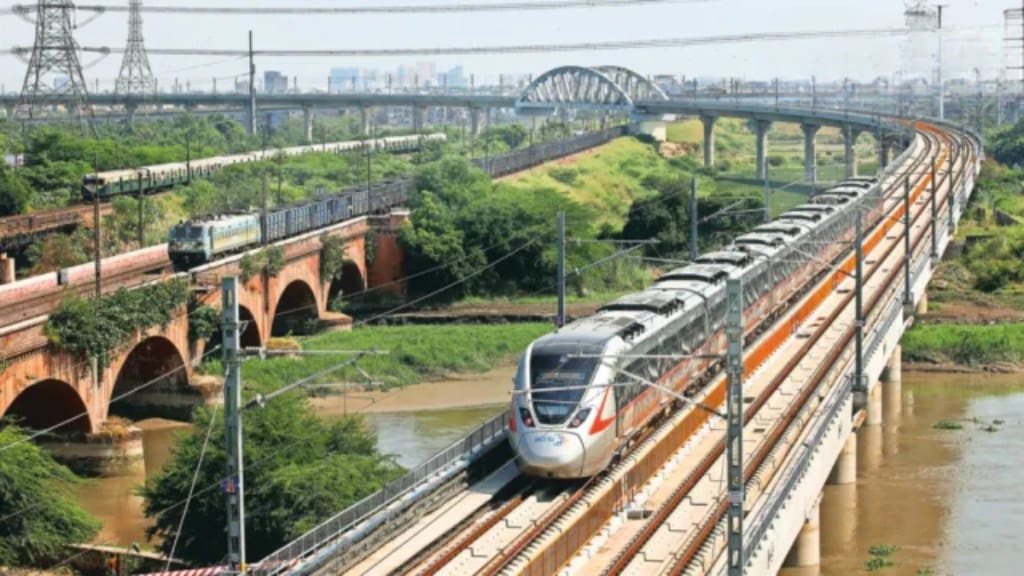Delhi’s Chief Minister Atishi recently made a significant announcement regarding the advancements in the capital’s transport sector. She highlighted the substantial developments in metro infrastructure, flyovers, and the introduction of modern technologies such as electric buses.
New Metro Line Expansion
Atishi proudly announced the inauguration of the new stretch of the Magenta Line of the Delhi Metro, which now connects Krishna Park to Janakpuri West. This addition marks another milestone in Delhi’s ever-expanding metro network. The Delhi Metro has witnessed a significant expansion over the past decade, growing by 200 kilometres in total. Moreover, the construction of an additional 250-kilometre stretch is still underway, further improving the city’s public transportation options.
The First Rapid Rail Project
Another significant achievement is the inauguration of the first stretch of the Rapid Rail Transit System (RRTS) that connects Sahibabad to New Ashok Nagar. This project aims to link Delhi with the broader National Capital Region (NCR), enhancing connectivity and reducing travel time for commuters across the region.
New Metro Line for North Delhi
The foundation stone for a new metro line, which will connect Rithala to Kundli, was also laid during the event. This project will bring metro services to more areas of North Delhi, further integrating the city’s extensive metro system and providing residents with faster, more efficient transport options.
Expansion of Flyovers for Better Connectivity
In addition to metro projects, Atishi emphasised the completion of 38 new flyovers in Delhi. These flyovers are designed to ensure smoother and faster road travel, significantly improving traffic flow throughout the city. With these developments, Delhi aims to reduce congestion and make urban travel more efficient.
Delhi’s Push Towards Electric Buses
Underlining the capital’s commitment to sustainability, Atishi highlighted Delhi’s progress in becoming a world leader in electric buses. With a growing fleet of these eco-friendly buses, Delhi is making strides toward greener public transport options. The introduction of electric buses is part of the broader effort to reduce pollution and improve the city’s environmental footprint.
Major Investments in the Transport Sector
Atishi also shared that the Delhi government has invested a substantial amount of Rs 7,268 crores in the metro network over the past decade. Additionally, the government has committed Rs 1,260 crores to the RRTS project. These investments are part of the city’s ongoing efforts to enhance its public transportation system, making it more accessible, reliable, and environmentally friendly.
With these advancements, Delhi is not just improving its transport sector but is also positioning itself as a model city for the entire nation and the world. Atishi’s vision for the city’s transportation future is clear—Delhi is on its way to becoming a global leader in efficient, modern, and sustainable urban transport systems.
In conclusion, Delhi’s rapid progress in transportation is a testament to the collaborative efforts of the Delhi government and the central government. With new metro lines, the introduction of the Rapid Rail, and major infrastructure investments, Delhi is transforming into a world-class city with an advanced transport system that meets the needs of its residents and the environment. The continued expansion of these projects promises even greater improvements in the years to come.

